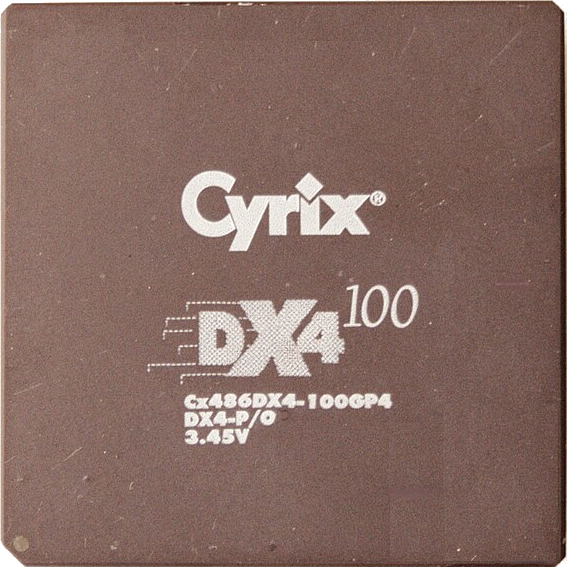I understand their reasoning behind this, but I am not sure, this is such a good idea. Imagine Letsencrypt having technical issues or getting DDoS’d. If the certificates are valid for 90 days and are typically renewed well in advance, no real problem arises, but with only 6 days in total, you really can’t renew them all that much in advance, so this risk of lots of sites having expired certificates in such a situation appears quite large to me.
Since I set up a https website (lemmy) and had to deal with the hassle of certificates, I do wonder why you need another entity to churn out what’s basically a RSA key pair?
Is it this you must trust the government again or is there some better reasons for it?
It’s to make sure you’re actually reaching your intended endpoint. If I’m visiting a site for the first time, how do I know I actually have THEIR certificate? If it’s self generated, anybody could sign a certificate claiming to be anybody else. The current system is to use authority figures who validate certificates are owned by the site you’re trying to visit. This means you have a secure connection AND know you’re interacting with the correct site.
Okay fair enough, but can I be a trusted entity and offer that service?
I don’t know what the process is like to become a certificate authority. I imagine the answer is technically yes but realistically no, at least not as an individual. You’d be providing a critical piece of internet infrastructure, so you’d need the world to consider you capable of providing the service reliably while also capable of securing the keys used to sign certificates so they can’t be forged. It’s a big responsibility that involves putting a LOT of trust in the authority, so I don’t think it’s taken very lightly.
Correct, though to be pedantic anyone can be a CA- you just generate a cert with the right bits to say it’s a ca certificate and then use it to sign any other certificate you want.
But the only devices that will consider your signature worth anything are ones you also install your ca certificate on. So it’s useful and common in internal networks but isn’t really what is being asked here.
The hard part is getting in the root CA store of operating systems and browsers. As far as I know they are all maintained independently with their own requirements.



